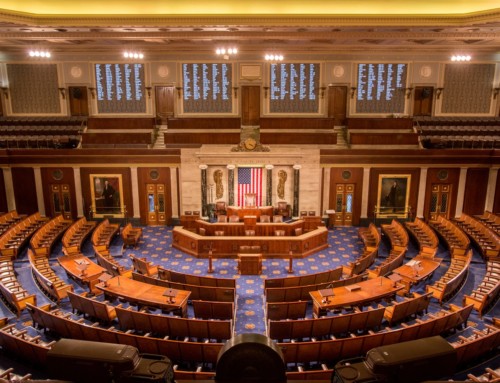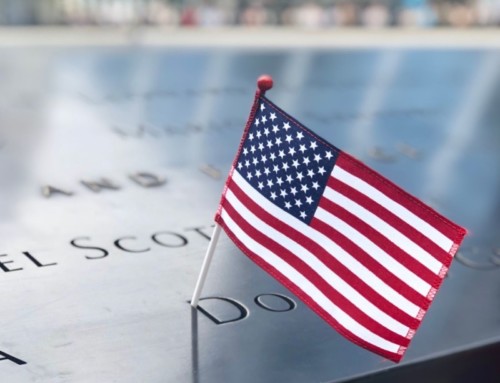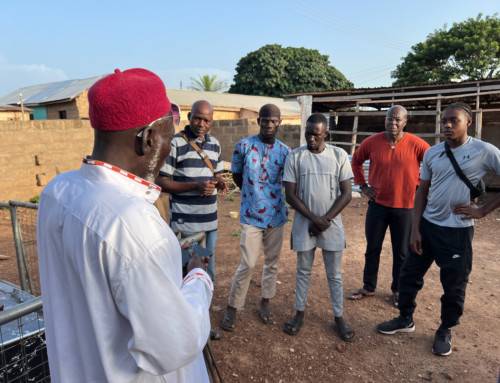The Power in Your Words

Words have such power and influence. And the spoken word brings parity: One doesn’t need to be president of a country, or CEO of a corporation, or even a renowned social activist, to create a revolution in one small corner of the world.
An “ordinary” person speaking up for those who can’t, or directing our attention to honorable deeds, is doing an extraordinary thing and can cause real and lasting change.
All that’s required is a belief in what you are saying, and that it comes from a place of honesty.
Today we pay homage to Martin Luther King, Jr. We will be treated to hearing and reading one of the most illustrious speeches in modern history, delivered in 1963 at the Lincoln Memorial.
MLK’s parents had “ordinary” careers through which they did extraordinary things. His father, a preacher, was an early leader in the fight for racial equality, and influenced the younger King through his outrage and determination to not accept the status quo. His mother, Alberta, was educated as a teacher and ultimately became very active in her husband’s church.
There is nothing unconventional about a Baptist preacher and supportive spouse. But the influence the couple had on their communities, their son and the country should remind us of the power we hold to create a transformation, at whatever station we’re at in our lives.
We remember excerpts from MLK Jr.’s “I Have a Dream” speech because the words, the flow and the message are so powerful. It has endured for over 50 years and I predict it will endure 10 times longer.
“We have also come to this hallowed spot to remind America of the fierce urgency of Now. This is no time to engage in the luxury of cooling off or to take the tranquilizing drug of gradualism. Now is the time to make real the promises of democracy.”
The Enduring Apology
An example of rhetoric’s power to endure across the ages is found in Socrates’ Apology. In 4th century B.C., Socrates was on trial for, among other things, “corrupting youth.” The “apology” was not really an apology, but a defense. A pillar of Socrates’ defense was ignorance; how could he be an influence when “whatever wisdom he possesses comes from knowing that he knows nothing.”
If you haven’t read the full text of this trial, I encourage you to do so, if only to note the conversational tone – for that day – in which Socrates speaks.
This is the number one rule for powerful and revolutionary rhetoric: Don’t try to use all of the words. Don’t be esoteric, thinking that will reflect your wisdom and grasp of a subject. Speak as though you are having a conversation with your friend, or trying to persuade your adversary.
And always close strong:
“The hour of departure has arrived, and we go our ways – I to die, and you to live. Which is better God only knows.”
(Of course, Socrates’ true closing, in classic Greek tragedy form, was that after being sentenced to death, he poisoned himself with hemlock.)
The Enduring Defiance
Sometimes action can be as powerful as speech.
In 1872, Susan B. Anthony cast a ballot in the vote for the next U.S. president. Problem was, women did not have the right to vote in this country. She was fined a pretty penny – $100 – that she never paid. But what she then did was to embark on a speaking crusade for women’s rights – and those words still thrill and motivate us:
“It was we, the people; not we, the white male citizens; nor yet we, the male citizens; but we, the whole people, who formed the Union. And we formed it, not to give the blessings of liberty, but to secure them; not to the half of ourselves and the half of our posterity, but to the whole people – women as well as men.”
Raised in a Quaker household, Anthony’s father owned a cotton mill. Anthony became a teacher and would return to her parents’ home to help them financially. Despite harsh times, her family became abolitionists in the fight to end slavery.
Eventually, this early immersion in social causes prompted Anthony to pursue this road more fervently – a quest that led her to realize that without the power to vote, her ability to disrupt the status quo was limited.
It took almost another 50 years after her notable speech for the 19th Amendment to grant women that right to vote – 14 years after Anthony’s death:
“The only question left to be settled now is, Are women persons? And I hardly believe any of our opponents will have the hardihood to say they are not. Being persons, then, women are citizens; and no state has the right to make any law, or to enforce any old law, that shall abridge their privileges or immunities.”
The Enduring Call to Action
We are so fortunate as Americans to find many memorable calls to action from great orators, particularly our presidents. Most famous perhaps, is that immortal line from John F. Kennedy’s 1961 inaugural address:
“My fellow Americans: ask not what your country can do for you — ask what you can do for your country.”
But Ronald Reagan was coined The Great Communicator for good reason. In addition to having a great speechwriter in Peggy Noonan, Pres. Reagan had the ability to deliver a speech with just the right tone and temperament. While his best “call to action” may have come at the Brandenburg Gate in 1987 – “Mr. Gorbachev, tear down this wall!” – his speech after the Challenger explosion in 1986 is forever etched in my mind. It was like listening to a comforting grandfather, seated in your living room, with a warmth in his voice that enveloped you like a much-needed blanket on that cold, January evening:
“The crew of the space shuttle Challenger honored us by the manner in which they lived their lives. We will never forget them, nor the last time we saw them, this morning, as they prepared for their journey and waved goodbye and “slipped the surly bonds of earth” to “touch the face of God.””
It wasn’t just a eulogy. Reagan turned disaster into renewed mission, which led directly to the space station that will be over your head sometime in the next few hours and those words have their echo in the growing enthusiasm for human travel to Mars.
In today’s heated times, it seems timely to remember one more call to right action from today’s honored legend:
“Let us not seek to satisfy our thirst for freedom by drinking from the cup of bitterness and hatred.”
Thomas Graham




